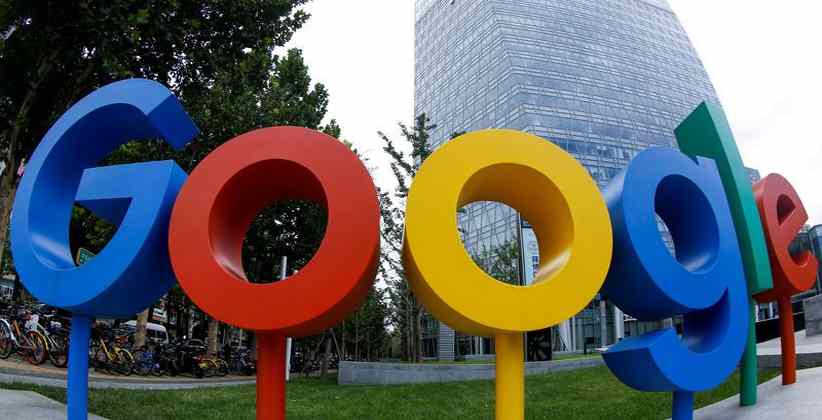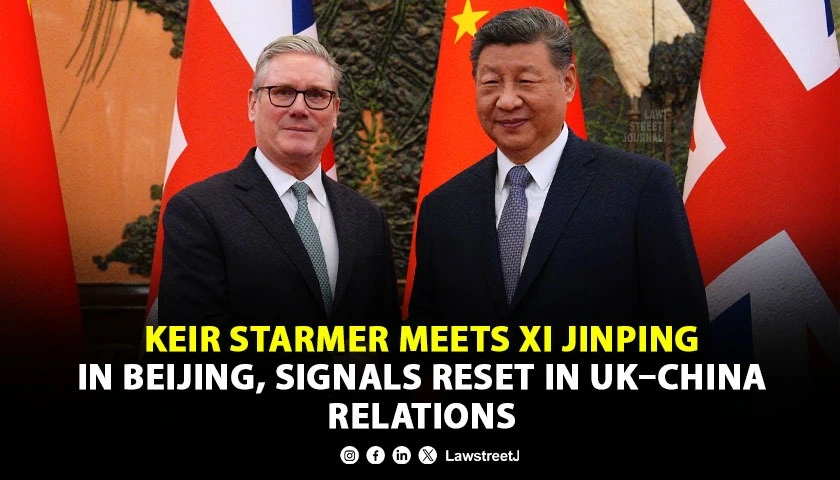Australia's anti-competition watchdog accused Alphabets Google of misleading consumers to get permission for use of their personal data for targeted advertising, seeking a fine in the millions and aiming to establish a precedent.
The move comes as scrutiny grows worldwide over data privacy, with US and European lawmakers recently focusing on how tech companies treat user data.
Australian Competition and Consumer Commission (ACCC) accused Google of not explicitly getting consent or properly informing consumers of a 2016 move to combine personal information in Google accounts with browsing activities on non-Google websites that use its technology.
This alteration allowed the Alphabet Inc unit to combine personal information in consumers' Google accounts with information about those individuals' activities on non-Google sites that used Google technology, formerly DoubleClick technology, to display ads, bestow it with extreme market power. ACCC also claimed that Google uses this combined data to boost targeted advertising - a key source of income - and that it did not make facts about changes in its privacy policy clear to consumers.
It means that this data about consumers' non-Google online activity became linked to their names and other identifying information held by Google.
Earlier, this information had been kept distinctly from consumers' Google accounts, i.e. this information was not linked to an individual user, according to the ACCC.
We consider Google misled Australian consumers about what it planned to do with large amounts of their personal information, including internet activity on websites not connected to Google, said ACCC Chair Rod Sims.
The ACCC claimed that the "I agree" notification is misleading, as consumers could not properly understand the changes Google was making nor how their data would be used.
"We believe that many consumers if given an informed choice, may have refused Google permission to combine and use such a wide array of their personal information for Google's own financial benefit," said Sims.
The move by the ACCC raised attention on data privacy in the world. Policymakers in the United States and Europe have recently stepped up their attention on how tech companies treat user data.
The ACCC also claimed that Google and Facebook should share the revenue they earn from content generated by domestic Australian media outlets.
However, Google said the change was optional and consumer consent was sought through prominent and easy-to-understand notifications.
"If a user did not consent, their experience of our products and services remained unchanged," a Google spokesman said in an email, adding that the company plans to guard its position.








